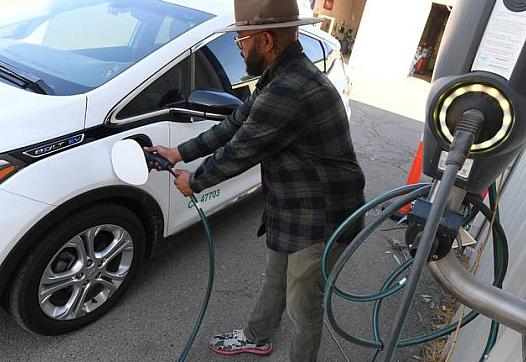
For 35 years, Fresno County’s Measure C — a half-cent sales tax dedicated to transportation — has dramatically shaped the landscape of metropolitan Fresno.

For 35 years, Fresno County’s Measure C — a half-cent sales tax dedicated to transportation — has dramatically shaped the landscape of metropolitan Fresno.

“More workers have died from COVID-19 in the last 18 months in the meat and poultry industry, than died from all work-related causes in the industry in the past 15 years,” as one expert testified.
A murder case that was a focus of The Enquirer’s series last month about domestic violence ended Monday with Marcus Reed going to prison for 15 years to life for the April 2020 death of Patricia Woods, a Westwood mother of two young children.
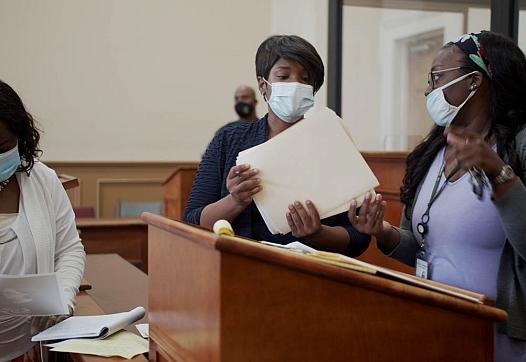
Dressed in neat scrubs, Akima Adams, 23, stood small and slight before the judge.
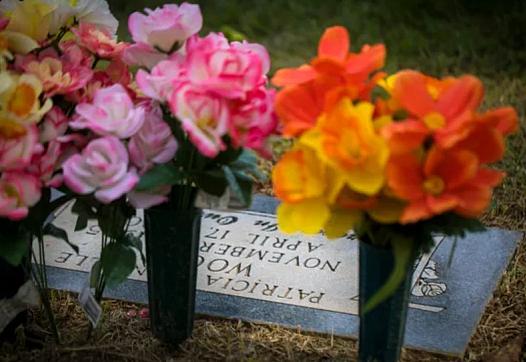
The Kentucky rescue this week of a teenage girl asking for help through a hand signal tells “the amazing story of the power of a bystander,” a Covington violence prevention expert said during a Facebook Live event Thursday with The Enquirer.
This special report was underwritten in part with a grant from the University of Southern California's Annenberg Center for Health Journalism and its 2021 Domestic Violence Impact Reporting Fund....
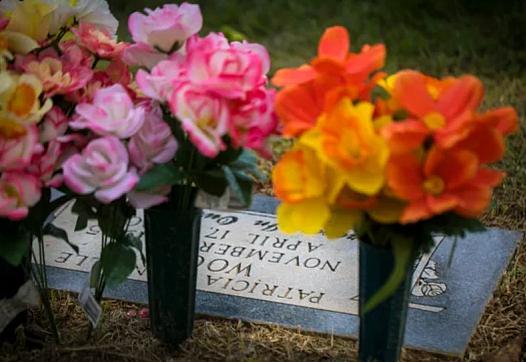
The Enquirer will host a Facebook Live event at noon Thursday to discuss how to expand the solutions described in the news organization’s in-depth report last month about domestic violence in the Cincinnati.
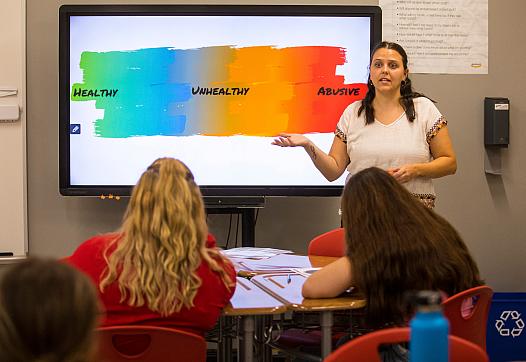
Schools across Ohio and Kentucky are now teaching violence prevention courses in high school and social-emotional learning in grade school.
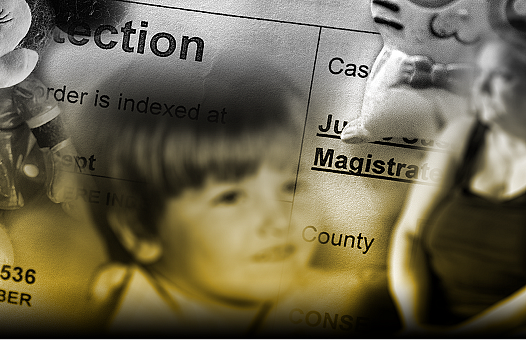
A Cincinnati domestic violence survivor credits her life to a partnership between Cincinnati Police and a local nonprofit that bought her assistance.
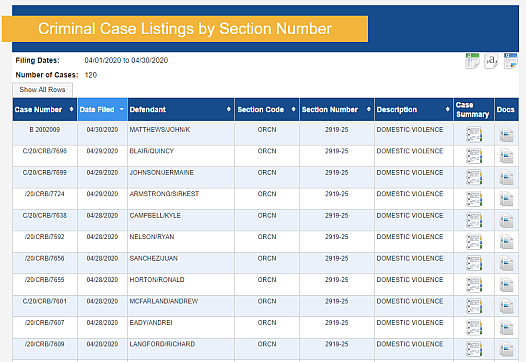
To examine the intergenerational legacy of domestic violence, The Enquirer focused on one month's criminal court docket in Hamilton County for the crime then built a database of family histories.